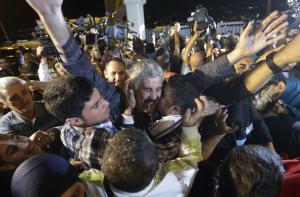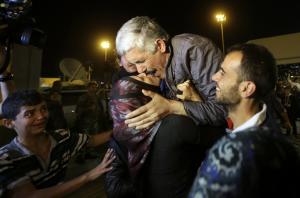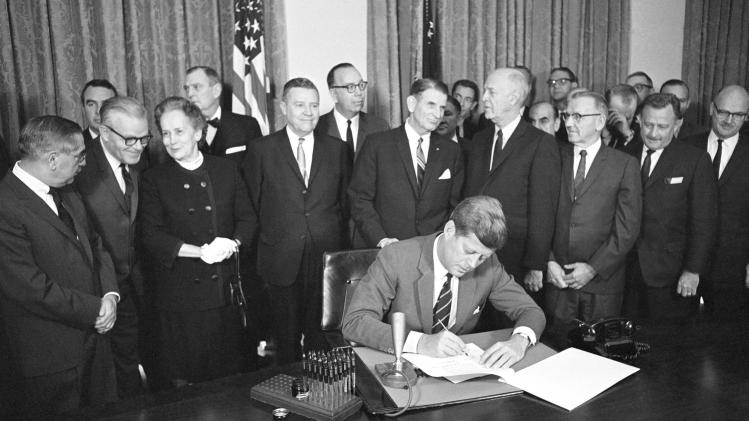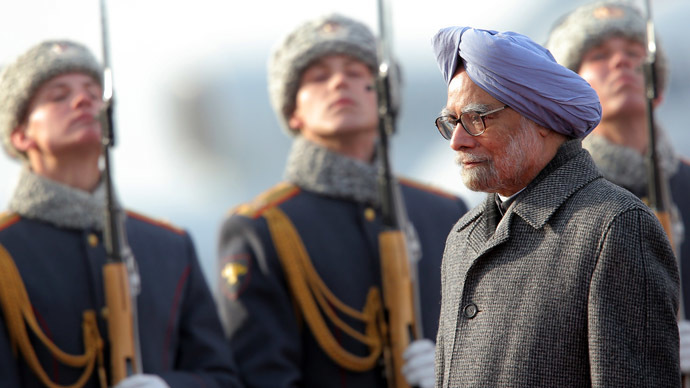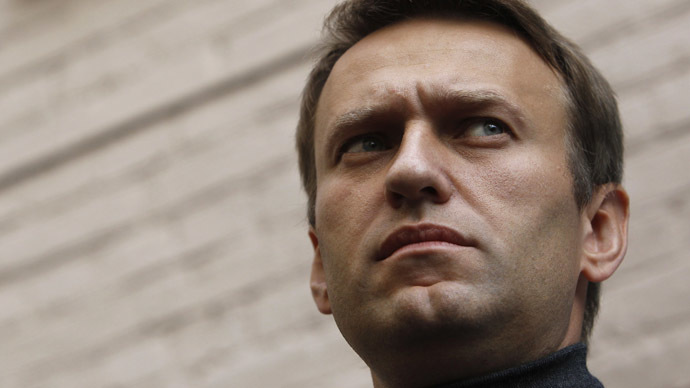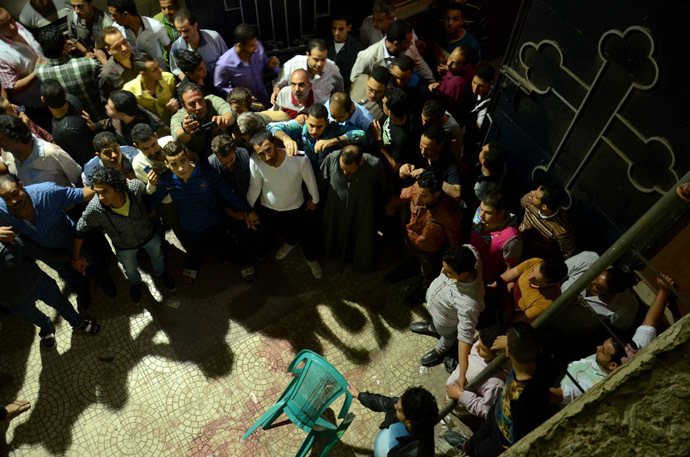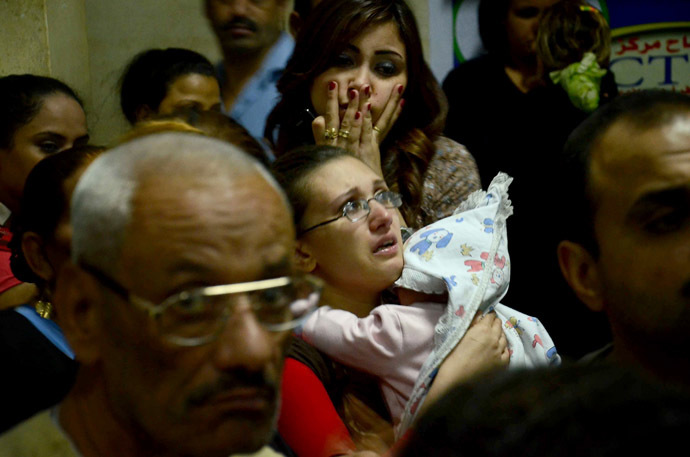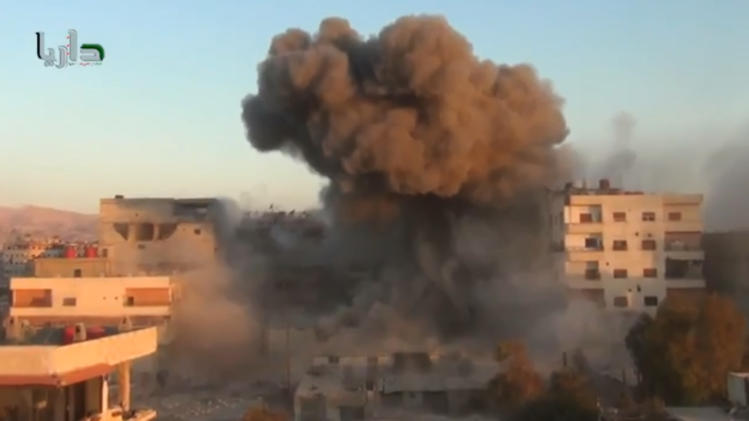
Reflecting confusion in efforts
to convene an international conference to end Syria's civil war, the
Arab League chief announced on Sunday that talks will take place next
month in Geneva, only to have the U.N. envoy flatly deny a date has been
set.The bizarre diplomatic two-step between Arab League chief
Nabil Elaraby and the U.N. envoy for Syria, Lakhdar Brahimi, at a joint
news conference added to the uncertainty surrounding the proposed peace
talks. A decision over whether the long-delayed negotiations will happen
at all could come at a meeting of the Syrian opposition early next
month that will focus on whether to sit down with President Bashar
Assad's regime.
The United States and Russia, who support opposing sides in the conflict that has killed more than 100,000 people, have been trying for months to bring the Damascus government and Syria's divided opposition to the table for a peace conference. But with the war deadlocked, neither the regime nor the rebels showed any interest in compromise, forcing the meeting to be repeatedly postponed.
Even now, it remains unclear whether either side is willing to negotiate.
The main Western-backed opposition umbrella group, the Syrian National Coalition, is scheduled to meet Nov. 1-2 in Istanbul to decide whether to take part in the proposed Geneva conference. One of the most prominent factions within the Coalition, the Syrian National Council, has said it has no faith in talks with Assad's regime and won't attend any Geneva negotiations.
But the Coalition's ability to speak for the broader rebellion has long been in dispute, and fighters inside Syria — many of whom reject negotiations with the regime — have accused the opposition leaders in exile of being out of touch with reality on the ground. The Coalition's credibility, already strained, took a major hit last month when nearly a dozen prominent rebel groups publicly broke with the opposition umbrella group. More rebel brigades have since followed suit.
The government, meanwhile, has kept its options via Geneva open. Some officials have said all opposition groups should be represented in the talks, while others have refused to deal with the Coalition. Assad, however, has stuck to one point throughout: a refusal to talk with "terrorists," the term the government uses for those trying to topple the president by force.
With questions over who will attend lingering, Elaraby announced after meeting with Brahimi at Arab League headquarters in Cairo that the Geneva conference would be held Nov. 23. Elaraby acknowledged that "many difficulties" remain, but said "it's time that the killings and the bloodshed stopped."
But standing next to him, Brahimi then denied the timing of the proposed peace talks had been finalized. He said he must first visit Qatar and Turkey — two key supporters of the rebellion — and then meet with U.S. and Russian officials in Geneva before a formal date will be announced.
In a nod to the key issue of who will take part in the talks, Brahimi said the negotiations "will not be held without a credible opposition, representing an important part of opposition within (the) Syrian people."
For the opposition, Elaraby's talk of a Geneva conference in November was premature.
"As Brahimi said, it's not certain, it's not set," said Coalition member Michel Kilo. "The coalition has not decided yet to go to Geneva."
One of the issues that has delayed the talks is Assad's fate.
In the past, the Coalition has said that it will only negotiate if it is agreed from the start that Assad will leave power before the transition period can begin. The government has rejected demands that Assad leave, saying the president will stay at least until the end of his term in mid-2014, and will then decide whether to seek re-election.
While the international community has tried to convene peace talks, the fighting on the ground has shown no sign of abating.
On Sunday, rebels drove a truck laden with more than a ton of explosives into a government checkpoint on the outskirts of the central city of Hama, the state news agency SANA said. A nearby truck carrying gasoline cylinders was caught up in the explosion, prompting a series of other blasts. Footage aired on Syrian television showed rubble, fires, and bodies on the ground.
The British-based Syrian Observatory for Human Rights said the al-Qaida-linked Jabhat al-Nusra carried out the attack. SANA put the death toll at 37, while the Observatory placed it at 43.
It was the second deadly assault on a government post in two days. On Saturday, rebels led by fighters from Jabhat al-Nusra set off a car bomb while assaulting a checkpoint near Damascus, killing 16 soldiers.
The United States and Russia, who support opposing sides in the conflict that has killed more than 100,000 people, have been trying for months to bring the Damascus government and Syria's divided opposition to the table for a peace conference. But with the war deadlocked, neither the regime nor the rebels showed any interest in compromise, forcing the meeting to be repeatedly postponed.
Even now, it remains unclear whether either side is willing to negotiate.
The main Western-backed opposition umbrella group, the Syrian National Coalition, is scheduled to meet Nov. 1-2 in Istanbul to decide whether to take part in the proposed Geneva conference. One of the most prominent factions within the Coalition, the Syrian National Council, has said it has no faith in talks with Assad's regime and won't attend any Geneva negotiations.
But the Coalition's ability to speak for the broader rebellion has long been in dispute, and fighters inside Syria — many of whom reject negotiations with the regime — have accused the opposition leaders in exile of being out of touch with reality on the ground. The Coalition's credibility, already strained, took a major hit last month when nearly a dozen prominent rebel groups publicly broke with the opposition umbrella group. More rebel brigades have since followed suit.
The government, meanwhile, has kept its options via Geneva open. Some officials have said all opposition groups should be represented in the talks, while others have refused to deal with the Coalition. Assad, however, has stuck to one point throughout: a refusal to talk with "terrorists," the term the government uses for those trying to topple the president by force.
With questions over who will attend lingering, Elaraby announced after meeting with Brahimi at Arab League headquarters in Cairo that the Geneva conference would be held Nov. 23. Elaraby acknowledged that "many difficulties" remain, but said "it's time that the killings and the bloodshed stopped."
But standing next to him, Brahimi then denied the timing of the proposed peace talks had been finalized. He said he must first visit Qatar and Turkey — two key supporters of the rebellion — and then meet with U.S. and Russian officials in Geneva before a formal date will be announced.
In a nod to the key issue of who will take part in the talks, Brahimi said the negotiations "will not be held without a credible opposition, representing an important part of opposition within (the) Syrian people."
For the opposition, Elaraby's talk of a Geneva conference in November was premature.
"As Brahimi said, it's not certain, it's not set," said Coalition member Michel Kilo. "The coalition has not decided yet to go to Geneva."
One of the issues that has delayed the talks is Assad's fate.
In the past, the Coalition has said that it will only negotiate if it is agreed from the start that Assad will leave power before the transition period can begin. The government has rejected demands that Assad leave, saying the president will stay at least until the end of his term in mid-2014, and will then decide whether to seek re-election.
While the international community has tried to convene peace talks, the fighting on the ground has shown no sign of abating.
On Sunday, rebels drove a truck laden with more than a ton of explosives into a government checkpoint on the outskirts of the central city of Hama, the state news agency SANA said. A nearby truck carrying gasoline cylinders was caught up in the explosion, prompting a series of other blasts. Footage aired on Syrian television showed rubble, fires, and bodies on the ground.
The British-based Syrian Observatory for Human Rights said the al-Qaida-linked Jabhat al-Nusra carried out the attack. SANA put the death toll at 37, while the Observatory placed it at 43.
It was the second deadly assault on a government post in two days. On Saturday, rebels led by fighters from Jabhat al-Nusra set off a car bomb while assaulting a checkpoint near Damascus, killing 16 soldiers.
The high-profile role
played by Jabhat al-Nusra and other al-Qaida-linked militants, who have
become some of the most powerful rebel factions and do not acknowledge
the Western-backed Coalition, underscores the challenges of negotiating
an end to the fighting.
